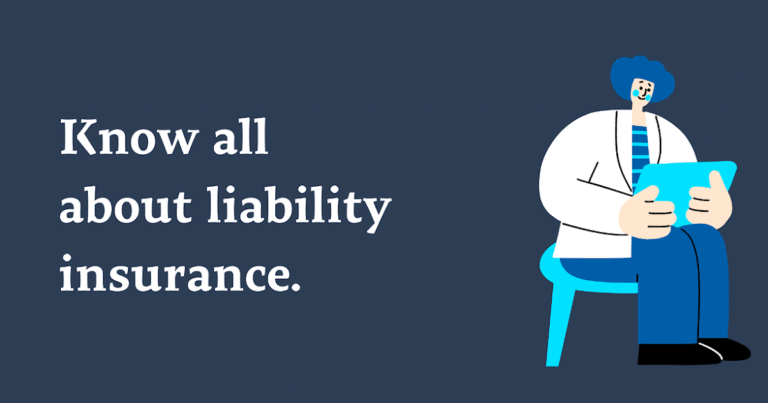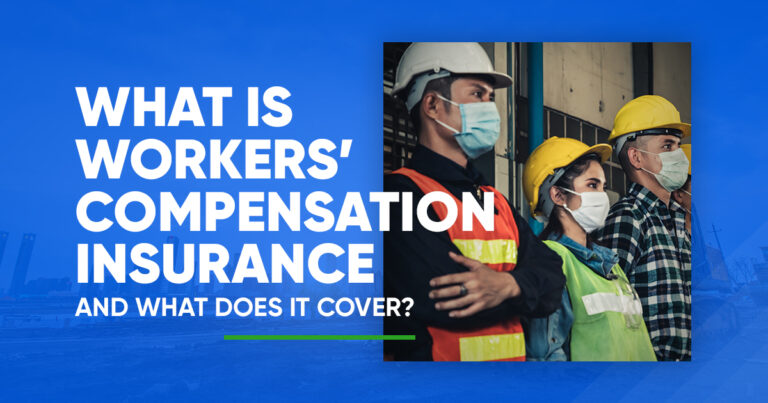Personal Umbrella Policy: Expanding Your Safety Net Beyond Standard Coverage
A Personal Umbrella Policy is exactly what it sounds like: an extra layer of protection that sits above your existing insurance. It kicks in when your auto, home, or renters insurance reaches its limits. Think of it as your financial bodyguard, stepping in when the unexpected turns severe and your standard policies cannot cover the full cost. Without it, you could be on the hook for expenses that stretch far beyond your insurance limits, putting your savings, assets, and future earnings at risk.
Here is the reality: accidents can spiral quickly. A car crash with multiple injuries, a visitor slipping on your property, or a lawsuit that balloons into millions could exhaust your base coverage. An umbrella policy is designed for those high-stakes moments when standard insurance simply cannot keep up.
What Personal Umbrella Insurance Covers
Bodily Injury Liability
If you cause an accident that injures someone, the medical bills, rehabilitation, and legal costs can skyrocket. Umbrella insurance ensures you are covered after your auto or homeowner’s liability limit is tapped out. This includes long-term rehabilitation costs or legal defense fees that often extend well beyond standard coverage.
Property Damage Liability
When damage to someone else’s property goes beyond your policy limits, umbrella coverage picks up the rest. This could involve car accidents, accidental destruction of expensive equipment, or even major property damage lawsuits involving multiple parties or businesses.
Personal Injury Lawsuits
Umbrella insurance covers more than physical injuries. It can also help with cases involving slander, libel, or defamation. In today’s digital world, a single social media post could spark a costly lawsuit. Umbrella insurance ensures you are not financially exposed to the unpredictable consequences of online or offline disputes.
Landlord Liability
If you own rental property, umbrella policies provide added protection against tenant injury claims or property disputes. It keeps you financially secure while maintaining your real estate investments and helps cover complex legal battles that may arise from landlord and tenant disagreements.
What Umbrella Insurance Does Not Cover
Your Own Injuries or Property
This policy does not cover your personal medical expenses or damage to your own property. Those are handled by health, homeowners, or auto insurance. Umbrella insurance is focused strictly on liability.
Business Activities
Unless specifically endorsed, umbrella insurance will not cover professional liability or incidents tied to business operations. Business owners typically need separate commercial umbrella policies designed to cover work-related exposures.
Contractual Obligations
Any financial responsibility you agree to in a contract is not covered under a personal umbrella policy. It protects against accidents and lawsuits, not business deals or personal agreements gone wrong.
Intentional or Criminal Acts
Just like with other forms of insurance, intentional harm or illegal activity is not covered. The coverage is designed for accidents and unforeseen events, not deliberate actions.
Why a Personal Umbrella Policy Matters
Protecting Your Assets
Your home, savings, investments, and even future wages could be at risk in a lawsuit. Umbrella insurance ensures you do not lose everything from one unexpected event. Even if you have modest assets, the potential of wage garnishment makes umbrella coverage essential.
Peace of Mind
It is not just financial coverage; it is the security of knowing you will not be ruined by one accident. You can live your life without constant fear of lawsuits and financial setbacks.
Affordable Coverage
Surprisingly, umbrella policies are often inexpensive compared to the amount of protection they provide. For a few hundred dollars a year, you can get millions in extra coverage that shields you from catastrophic financial outcomes.
Closing Coverage Gaps
Lawsuits can get creative. Umbrella policies add an extra layer that can protect you from unusual claims that might not be fully covered under standard insurance. This prevents small loopholes from becoming big financial problems.
Key Factors to Consider Before Buying
Coverage Limits
Decide how much coverage you need. Most policies start at one million dollars and can go much higher depending on your risk exposure and assets. If you have significant property, investments, or multiple vehicles, consider higher coverage amounts.
Existing Policy Requirements
Insurers usually require you to carry a minimum amount of auto or homeowners insurance before they will issue an umbrella policy. Make sure your base policies meet those standards, or your umbrella coverage may not activate properly.
Family Risks
Consider if you have teenage drivers, own multiple properties, or participate in activities that increase your liability risks. These factors can make umbrella coverage more critical and more cost-effective in the long run.
Insurer Reputation
Not all insurance companies handle claims the same way. Research providers to ensure you will have reliable support when you need it most. The claims process should be smooth, transparent, and customer-friendly.
Real-Life Scenarios
Major Car Accident
A teenage driver in your household causes a multi-car collision. Auto insurance pays up to its limit, but the damages exceed one million dollars. Umbrella coverage steps in to protect your family from financial devastation and legal consequences.
Guest Injury at Home
A visitor slips on your icy driveway and suffers a severe injury. Medical costs and legal fees surpass your homeowner’s liability limit, and umbrella insurance takes over to cover the costs.
Defamation Claim
You or your child posts something online that results in a lawsuit for libel. Standard policies do not always cover this, but umbrella insurance can handle the legal fallout, court fees, and settlements.
Rental Property Lawsuit
A tenant sues you over unsafe conditions, and the settlement exceeds your landlord policy. Umbrella coverage fills the gap and protects your real estate assets from being liquidated.
Who Needs a Personal Umbrella Policy
Homeowners
Anyone who owns a home should consider umbrella coverage. Homes are high-value assets and prime targets in lawsuits. The risk grows if you own multiple properties.
Drivers
If you drive regularly, especially with teenage drivers in the household, the risk of accidents is high enough to warrant extra protection. A single severe accident could surpass your auto policy.
Landlords
Owning rental property exposes you to unique risks. Umbrella policies act as backup when landlord coverage is not enough and shield your investments from legal disputes.
Professionals and Public Figures
If you or your family are highly visible in the community or online, you may be more vulnerable to lawsuits such as defamation or personal injury claims. Umbrella policies reduce exposure to these risks.
Best Practices for Policyholders
Review Your Assets
Take stock of your net worth and future income. Your umbrella coverage should be at least equal to or greater than that total to ensure full protection.
Bundle for Savings
Purchasing umbrella insurance from the same company as your auto or home insurance can lower costs and simplify claims management.
Update Regularly
Life changes such as a new home, a new driver, or added assets should trigger a review of your policy to ensure you remain adequately protected.
Understand Exclusions
Know exactly what is not covered so you are not caught off guard. Ask your insurer to explain any unclear terms in plain language.
Myths About Umbrella Insurance
It Is Only for the Wealthy
While often marketed to affluent families, umbrella policies are valuable for anyone with income, savings, or property worth protecting. Even modest assets are at risk.
Home and Auto Insurance Are Enough
Standard liability coverage can be exhausted quickly. Without umbrella insurance, you may end up paying the rest from your own pocket and facing financial ruin.
Too Expensive
Compared to the millions in coverage it provides, umbrella insurance is remarkably affordable. It costs less than many people expect.
Rarely Needed
Accidents and lawsuits are more common than people think. It only takes one major claim to prove the value of umbrella protection.
Closing Thoughts
A Personal Umbrella Policy is an affordable and powerful way to safeguard your assets, your family, and your peace of mind. It is not just a luxury; it is a practical step for anyone who wants to avoid financial ruin from an unexpected lawsuit. Whether you own a home, drive frequently, or have growing assets to protect, umbrella coverage ensures you are not left exposed when life takes an unpredictable turn.




